As a result of the coronavirus, many familiar things are no longer where they used to be, and we have to take reparable action. This kind of situation provides better opportunities for influencing the direction of the future than a state of stability, when it is more difficult to justify new things and when deviating from the familiar seems more laborious. Now, decision-makers have genuinely more options to choose from that will make up the new direction. To go forward, it is not necessary to return to the starting point. Therefore, now is the time to think about the new opportunities that could open up for us and the positive things that the exceptional situation has created. When an earthquake makes a weak building collapse, it is not enough to build another similar structure in its place; a stronger building is what is needed.
If we look at the post-coronavirus world and the potential options available to us on the basis of megatrends Megatrend A general direction of development consisting of various phenomena and entailing widespread change, such as the ecological sustainability crisis. Megatrends are often considered to occur at the global level and the development is often considered to continue in the same direction. Open term page Megatrend , the important questions that emerge include the following: can we stimulate ecological reconstruction, what means of power and use of information do we want to support, how can we reduce inequality and increase trust, how can we reform the economy to be sustainable, and on what conditions do we want to deploy technology?
Sitra does not aim to offer an all-encompassing explanation of the world. Instead, with the Impacts of the Coronavirus article series, we want to highlight questions and observations that might be of use in building something new and taking the leap into the future. Here are some of my own observations on the impacts and options of the coronavirus time.
Preparation and resilience
Ongoing crises always give rise to questions concerning preparedness. Preparing for crises used to be simpler because the potential crises were broadly identifiable and the chance of surprise seemed to be lower. But as part of these post-modern times, surprises have become part of the normal state of things.
Simply keeping goods in warehouses is not sufficient for being prepared. Maintaining the ability to function, trust and the capacity for renewal have become increasingly important factors. The management of unexpected situations is always sort of “applied”. Therefore, it is important that authorities, political decision-makers, the judicial system and the transmitters of accurate information are able to operate in a strong way and in a way that reinforces trust in exceptional situations.
This crisis has proven that in Finland the ability to function and trust have been at a relatively good level. At the turn of the year, it was not uncommon to encounter feelings of distrust towards societal institutions, the scientific community and diverse groups of people and to read or hear criticism targeted at journalists, the judicial system and authorities. Discussion on social media suggested everything but mutual trust or respect for fellow people.
In March, I estimated that Finland was at risk of ending up in a degree of anarchy as a result of people’s unpleasant fates, exceptional circumstances and restrictions. My estimate was mainly based on the way people talked on social media. I was wrong. Tolerance of exceptional circumstances and compliance with guidelines have been exemplary. There has been enormous empathy, willingness to help and trust in fellow people and the authorities. This could be considered to be a demonstration of power by moderate and reasonable people – a sign that civil society and institutions are more resilient than perhaps we gave them credit for. This makes one ask how this trust and empowerment of reasonable people could be supported and strengthened, or will we revert to hating each other on Twitter once things calm down again?
Sustainability leap
Getting the economy in order requires stimulating the economy, structural reforms and a subsequent strict financial policy. The recovery money can be spent in many ways. When there is a lot to repair and significant amounts of tax assets are used for recovery, there is also a greater opportunity and responsibility for making choices that guide the direction of the future.
What if the recovery money was spent on promoting the circular economy and the reduction of carbon dioxide emissions? This way, we would be making great strides forward without returning to the starting point, and the investments would be sustainable.
One of the megatrends of the global economy before the coronavirus was the rise of the circular economy and financially efficient climate solutions. This has not disappeared during the crisis. The only difference to the situation a few months ago is that now public funds can also be used to steer the development faster than we would have previously been ready for.
Digital leap
One of the positive impacts of the exceptional times has been the increasing use of digital services. This can contribute to increasing multi-locality, the development of new business models and services and the modernisation of public services. The advance in expertise, competence and know-how that has taken place during the spring would have taken years under normal conditions. After the crisis, there will be more digitally skilled and learned people and more users of new services in the world. It would be astonishing if entrepreneurs and companies did not develop and offer new digital services. Underlying this opportunity is the already seen economic megatrend based on the use of data and artificial intelligence and the integration of technology into everything.
Recently we have heard about interesting observations from Finnish municipalities that have developed new ways of working and providing services with the help of technology. This prompts an interesting point about whether refining and distributing best practices could achieve structural reforms in the public sector and improve the quality, availability, impact and efficiency of services.
A stronger EU and new international rules
All crises leave some kind of a mark. Generational experiences have not only had effects on the development of states, but also on the shape of the international system. The United Nations and the EU were founded after the Second World War. International co-operation and cohesion were found to be vital for avoiding wars and solving mutual problems. Effective management of the coronavirus crisis and preventing a similar one from reoccurring will require closer international co-operation.
This crisis also highlighted how expectations for the EU’s actions were high – as was the disappointment when its ability to help with health issues was low. This was because the member states had not wanted the EU to take united action on health-related issues and crisis management. On the other hand, in matters in which the EU is competent, such as the single market and monetary policy via the ECB, the union has also acted effectively during the crisis. Therefore, the question is now how the member states, including Finland, want to develop the EU’s ability to function to prevent and manage future crises. These can be health crises, cyber or hybrid attacks or other possible shocks.
Similarly, the discussion needs input on how multilateralism and shared rules can be strengthened globally in trade policy and also more generally. The task is not a tiny one, even though the need is obvious. Nationalism, building walls, the selective use of rules and open exploitation of others’ openness were strongly present before the coronavirus; but what about after it? Who will assume the leadership in strengthening multilateralism and what kinds of reforms is the international community pursuing?
Building the future often sounds too far-reaching and contemplative, even fuzzy, when dealing with mundane and topical problems. Nevertheless, one should identify the times and places where even mundane solutions can achieve major changes. It seems that now is that time.
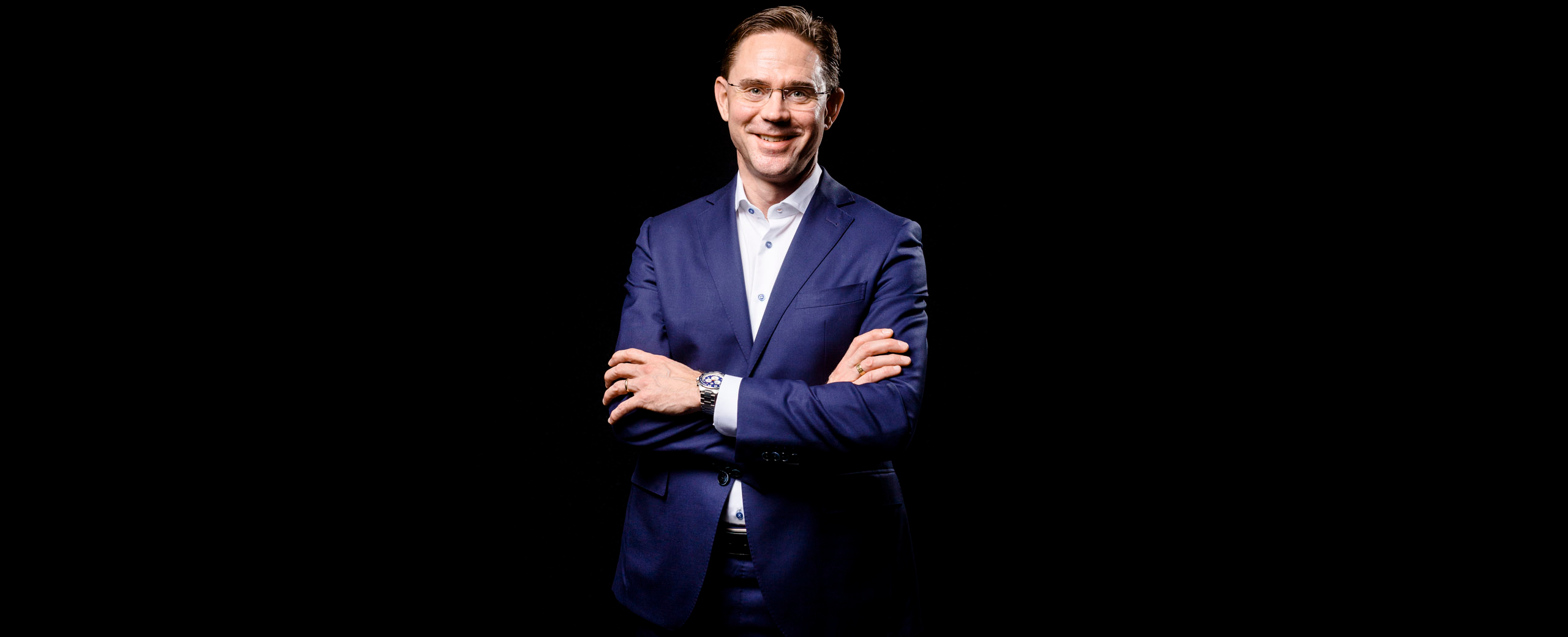


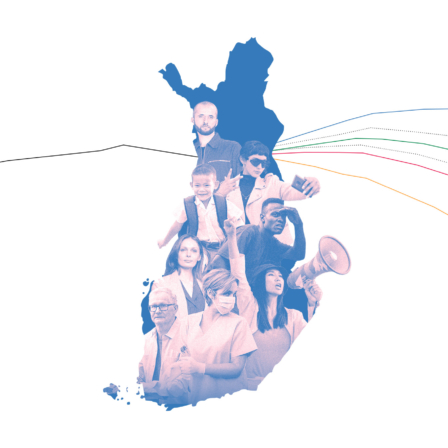

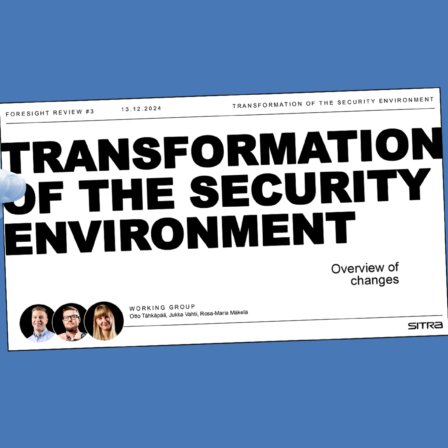
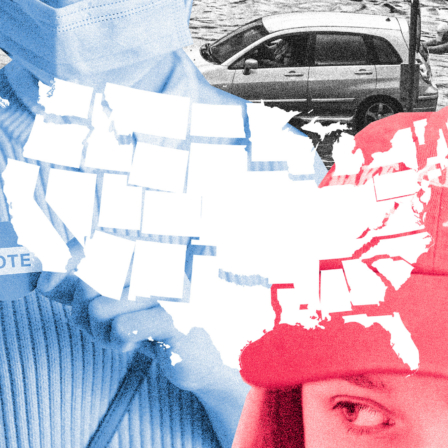
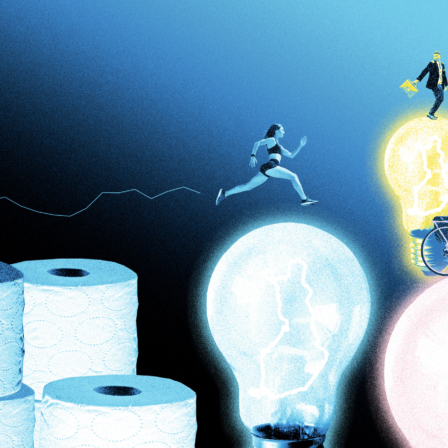

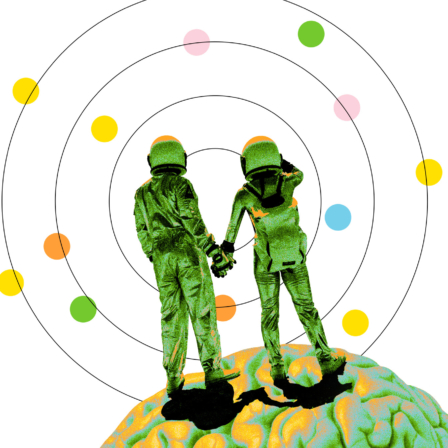




Recommended
Have some more.